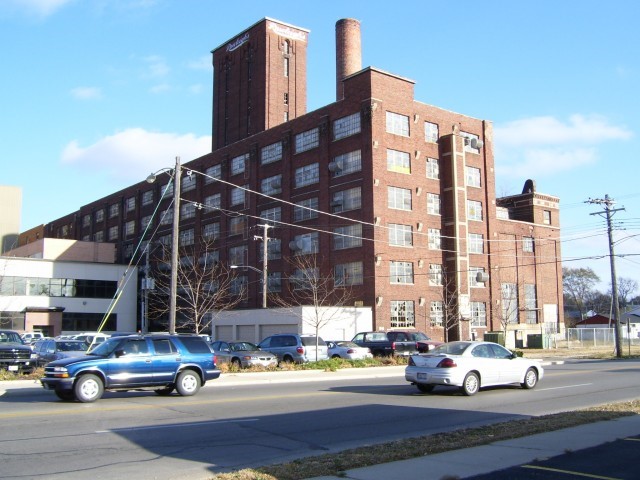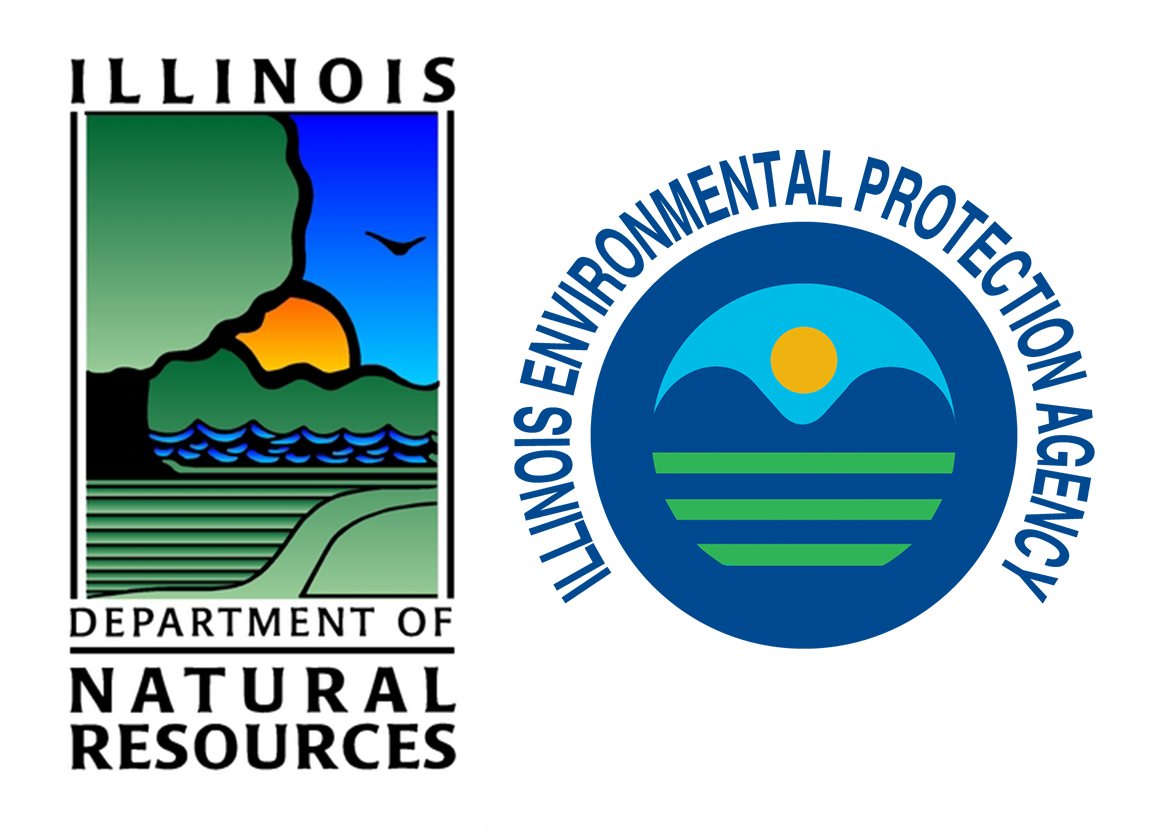Solutions after struggle: Spending American Rescue Plan Act funds
Fehr Graham is working with communities across Illinois to develop strategies on how to win and invest their American Rescue Plan Act (ARPA) funding. We are rapidly responding to emerging project needs and client priorities.
Navigating the program and how to use the money can be a daunting task. Now is the time to act. And we're here to help.
Gov. JB Pritzker announced in late July non-entitlement communities in Illinois could start applying for American Rescue Plan Act (ARPA) funding to help cover expenses related to COVID-19 and speed up recovery from the pandemic. Since, more guidance on how those communities can spend their share of the $742 million in federal funds is available.
"Non-entitlement communities" are cities, towns and villages with populations fewer than 50,000. Those that have not received ARPA aid are eligible to receive funding through the Illinois Non-Entitlement Units (NEU) portal.
How can we spend the money?
Communities that will receive funding must follow specific criteria for how those funds can be used. Uses include supporting public health, addressing negative impacts caused by COVID-19, replacing lost public sector revenue and providing pay for essential workers.
An important thing to note is that funding is allocated for water, sewer and broadband infrastructure. This allows communities to invest in ways to improve access to clean drinking water, support vital wastewater and stormwater infrastructure and to expand access to broadband internet.
Recipients may use the money for drinking water infrastructure projects, such as building or upgrading facilities and transmission, distribution and storage systems. This includes replacing lead service lines.
Funds can also be used for wastewater infrastructure projects, including constructing publicly owned treatment infrastructure, managing and treating stormwater or subsurface drainage water, facilitating water reuse and securing publicly owned treatment works. Planning for these investments is critical. Local governments should take the opportunity to identify projects in these areas and prioritize needs now.
Projects covered through the Environmental Protection Agency's Clean Water State Revolving Fund and Drinking Water State Revolving Fund are eligible for this funding.
- Administrative and legal counsel.
- Preliminary engineering reports and project plans.
- Feasibility reports.
- Planning and design engineering.
- Environmental review documentation.
- Project start-up costs (training for equipment operation, etc.).
- Maintenance and construction of infrastructure.
- Construction management and inspection.
Funding recipients have significant flexibility to prioritize water and sewer infrastructure investments according to their specific community, which leaves it in the hands of local officials to decide which projects to tackle first.
Investments in outdoor spaces qualify as eligible uses of ARPA money. Investing in parks, public plazas and other recreation spaces may be considered responsive to the needs of some affected communities by promoting healthier living and outdoor recreation and socialization to mitigate the spread of COVID-19.
Municipalities are not allowed to use the money to pay down debt, supplement pension funds or offset a tax cut directly or indirectly. This includes using the money to lower property taxes.
If your community had a project planned for a future date, it might be time to explore whether it can be advanced or completed now. Our engineers have the expertise to prepare plans and specifications for projects to move them forward quickly. We also have a team that can navigate regulatory approvals – but those can take time.
Moving projects along now is important because agencies like the Illinois Environmental Protection Agency and Department of Natural Resources as well as others may take longer for approvals as the number of applications increases. Considering the anticipated projects and how it will affect contractors, material suppliers and bids is another reason to act quickly.
Funds must be obligated by Dec. 31, 2024, and spent by Dec. 31, 2026 – municipalities cannot hold the money for an unlimited amount of time.
We can help
While there may still be much uncertainty surrounding the ongoing pandemic, Fehr Graham remains focused on providing our clients with highest level of service. Our team has decades of experience in overseeing federal funding programs allows us to provide insight and guidance to maximize the use of ARPA funds while ensuring compliance with federal requirements.
I can help navigate funding requirements and help municipalities and local leaders strategically plan and prioritize around local infrastructure. I can also explain projects that qualify and how funds are awarded to help your community recover from COVID-19. Together we can help recover, strengthen and repair communities that need it most
 |
Fehr Graham Senior Community Development Specialist Bridgette Stocks serves as the principal contact for all funding-related programs. She works with municipalities and state and federal agencies to obtain critical funding. She has secured more than $200 million for clients. Contact her at |
Collaborative, Insightful, Results-Driven Solutions
Fehr Graham provides innovative engineering and environmental solutions to help improve the lives and communities of our customers.


